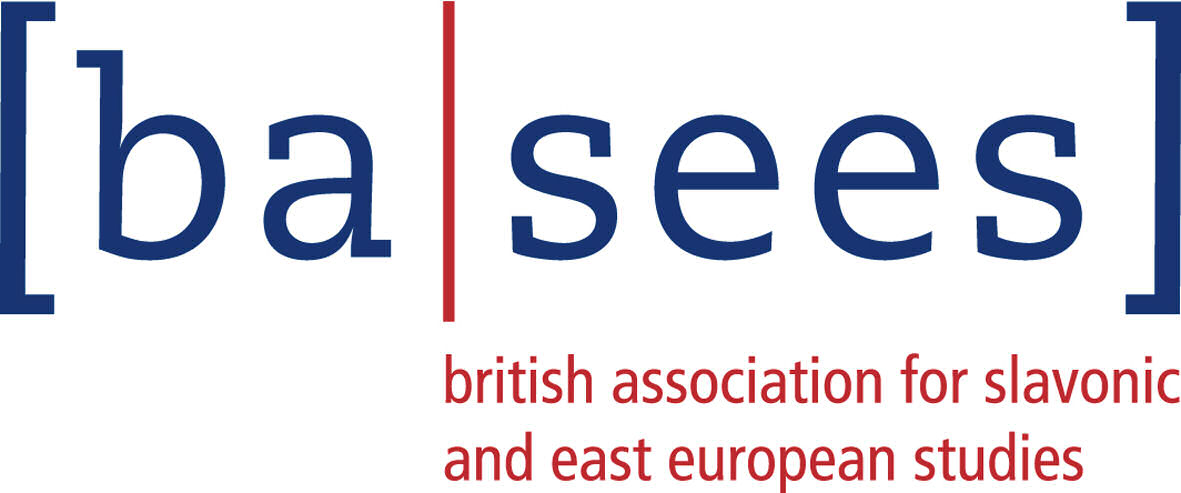| 17 Nov 2017 - 18 Nov 2017 | All day | SG1 and SG2, Alison Richard Building | |
- Description
- Programme
Description
A video of the conference's keynote lecture by Jon Agar and Jacob Ward (University College London) is available here.
Convenors
Andrew McKenzie-McHarg (University of Cambridge)
Poornima Paidipaty (University of Cambridge)
Egle Rindzeviciute (Kingston University)
Summary
As more and more of our collective activities (education, pension planning, health management, environmental protection) are mediated by rapidly moving markets and computerized technologies, uncertainties abound. Such visions of a technologically mediated — and seemingly limitless — future are not new. They echo the technological futurism popularized in the middle of the twentieth century by cybernetics. Beginning with the 1948 publication of Norbert Wiener’s book, Cybernetics: Or Control and Communication in the Animal and the Machine, cybernetics inaugurated path-breaking scientific explorations of feedback and self-regulation in biological and mechanical systems. It initiated an ambitious set of technoscientific discussions that provocatively transcended traditional disciplinary boundaries. Cyberneticians argued that patterns of feedback and self-regulation were key to understanding the operation of anti-aircraft guns, the erratic movements of victims of brain injury, the dynamics of group psychology, the relationship of human societies to their natural environment and much more.
These insights furnished profound reassessments of notions of agency, of distinctions between the human and the non-human and of models of learning and memory. The scholarship on cybernetics has, however, only recently began to trace the legacies of this movement beyond the Cold War era. By providing insights into the enduring impact of mid-century techno-science on our contemporary information landscape, 'The Afterlives of Cybernetics' conference will contribute to a more thorough history of the present by helping us understand the antagonisms and synergies that animate the multiple offshoots of cybernetic thought, including operations research, AI, rational choice theory, predictive analysis, design thinking, behavioural economics and risk management. This in turn will lay the foundations for a better understanding of how these knowledge practices allow us to project, imagine and engage with uncertain and unbounded futures.
Sponsors




Supported by the Centre for Research in the Arts, Social Sciences and Humanities (CRASSH), the British Association for Slavonic and East European Studies (BASEES), the London Graduate School, the Philomathia Social Sciences Research Programme, and the University of Cambridge's Trevelyan Fund (Faculty of History).
Administrative assistance: events@crassh.cam.ac.uk
Unfortunately, we are unable to arrange or book accommodation for registrants. The following websites may be of help:
Programme
| Day 1 - Friday 17 November | |
| 9.30 - 10.00 | Registration |
| 10.00 - 10.15 | Welcome and Introduction |
| 10.15 - 11.30 | Panel I – Late Cybernetics Chair: Andrew McKenzie-McHarg (University of Cambridge)
Ronald Kline (Cornell University) 'Notes for an Alternative History of Second-Order Cybernetics'
Poornima Paidipaty (University of Cambridge) '”The Grammar of the Semi-Exact Sciences”: Norbert Wiener and Non-Linear Prediction' |
| 11.30 - 11.45 | Break |
| 11.45 - 13.00 | Panel 2 – Neoliberalism and Control: Crisis, Infrastructures and Markets Chair: Egle Rindzeviciute (Kingston University)
Orit Halpern (Concordia University) 'The “Smart” Mandate: Infrastructure, Responsive Environments, and “Preemptive Hope”'
Michael Fisch (University of Chicago) 'The Technicity of Cybernetics: Becoming Organic and Extreme Capitalism' |
| 13.00 - 14.00 | Lunch |
| 14.00 - 15.15 | Panel 3 – The Politics of Cybernetics: Possibilities and Materialities Chair: Nathaniel Zetter (University of Cambridge)
Andrew Pickering (University of Exeter) 'Cybernetics as Another World'
Seb Franklin (King’s College London) 'Cybernetic Disposal' |
| 15.15 - 15.30 | Break |
| 15.30 - 16.30 | Reflection on Day 1 Chair: Poornima Paidipaty (University of Cambridge)
Clifford Siskin (New York University) in conversation with Richard Staley (University of Cambridge) 'Cybernetics, Knowledge, and the Copernican Delay' |
| 16.30 - 17.00 | Break |
| 17.00 - 18.15 | Public Lecture Jon Agar and Jacob Ward (University College London) 'Communications, control and cybernetics in post-war British systems: rail, post and telecoms'
Discussant: Matthew Gandy (University of Cambridge) |
| Day 2 - Saturday 18 November | |
| 9.30 - 10.45 | Panel 4 – Transnational and Transdisciplinary Experiments in Cybernetics: Beyond the East-West Divide Chair: Egle Rindzeviciute (Kingston University)
Mara Polgovsky (University of Cambridge) 'The Cybernetic State and the Search for a Non-Human Government in Latin America. Socialist and Neoliberal Visions, Experiences, Failures and Returns'
David Crowley (National College of Art and Design, Dublin) 'Art as a zone of Cybernetic Experiments in Eastern Europe around 1970' |
| 10.45 - 11.15 | Break |
| 11.15 - 12.30 | Panel 5 – Cybernetic Epistemology of the Future: Predictability and Uncertainty Revisited Chair: Poornima Paidipaty (University of Cambridge)
Louise Amoore (Durham University) 'Cybernetic Recognition and the Form of the Future'
Egle Rindzeviciute (Kingston University) 'Cybernetic Cultures of Prediction' |
| 12.30 - 13.15 | Lunch |
| 13.15 - 14.00 | Conference Roundtable Reassessing the Cybernetic Legacy in the Big Data and Quantum Computing World: Agenda for the Future |



